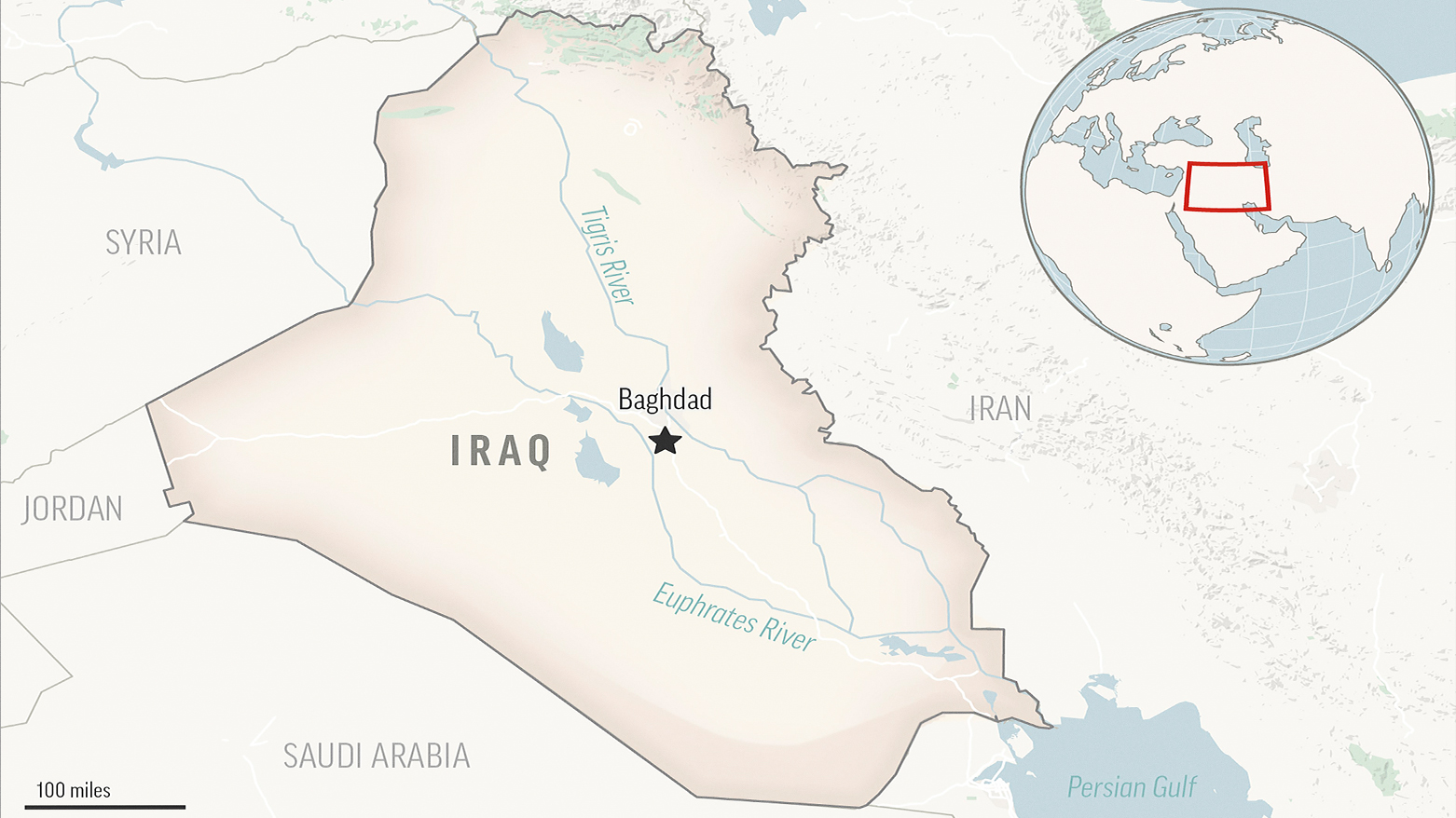Iraq impacts by severe land degradation
According to the Iraqi Ministry of Agriculture, Iraq needs to plant 15 billion trees to combat desertification, establish forests, and reduce greenhouse gases.

ERBIL (Kurdistan24) – Iraq's green area has diminished from 50% to 17% dramatically due to climate change and lack of attention from the government and the Iraqi population.
Due to urban expansion, agricultural land has disappeared and been converted into residential units, adversely impacting the environment in Iraq, which is directly linked to rising temperatures and desertification.
According to the Iraqi Ministry of Agriculture, Iraq needs to plant 15 billion trees to combat desertification, establish forests, and reduce greenhouse gases. Iraq is the second most polluted country in the world, and Baghdad was ranked 13th in 2022, according to a survey by a Swiss air cleaning company.
The Iraqi Ministry of Environment and the United Nations report that Iraq has been severely affected by climate change in recent years, ranking fifth in the world in terms of vulnerability. Official reports indicate that Iraq loses 100,000 acres of land annually due to desertification, and the water crisis has destroyed 50 percent of its agricultural land.
The UN Food and Agriculture Organization (FAO) states that Iraq's forest area is only 8,250 square kilometers, representing just 2 percent of the country's total area. Baghdad, as the capital and hub of commercial and residential activity, is facing the most significant environmental problems. The continued encroachment on green spaces and their conversion into buildings and commercial and residential areas has pressured the Iraqi prime minister to halt construction to preserve the remaining green areas in the city.
In September 2023, the Baghdad Municipality announced a greening plan for the capital, which includes the construction of 108 gardens and the planting of more than 5.375 million trees to increase the green area in Baghdad.
According to Green Iraq Observatory, the green area in Iraq has decreased from 50 percent to 17 percent due to factors such as climate change, water shortages, lack of attention to planting, high temperatures, and insufficient green space maintained by citizens and the government.